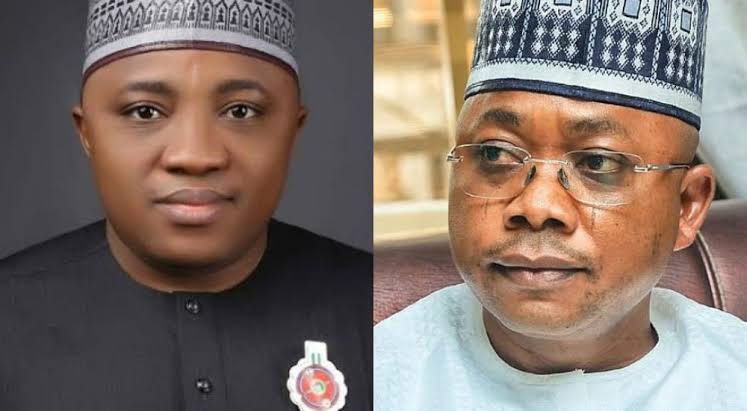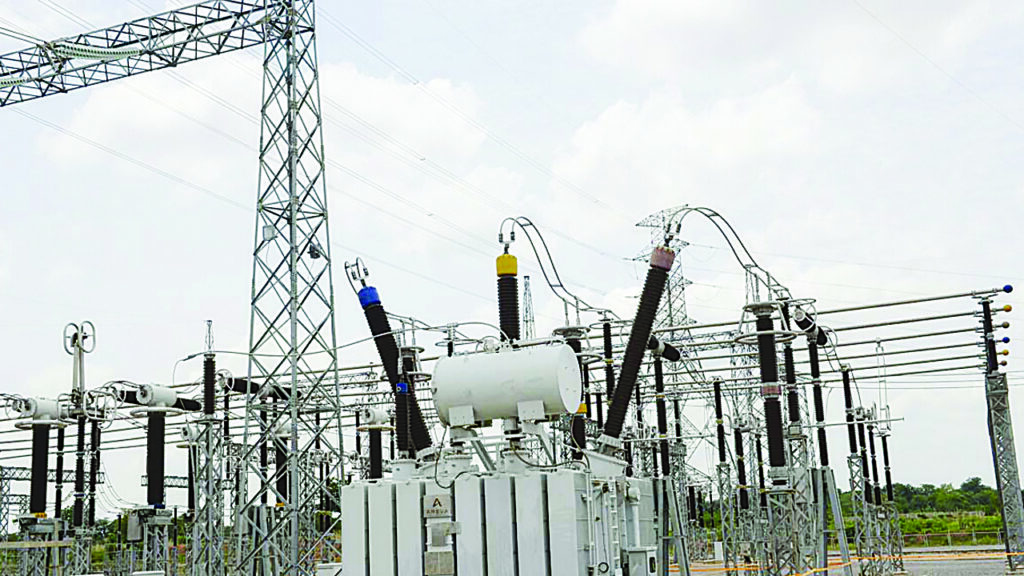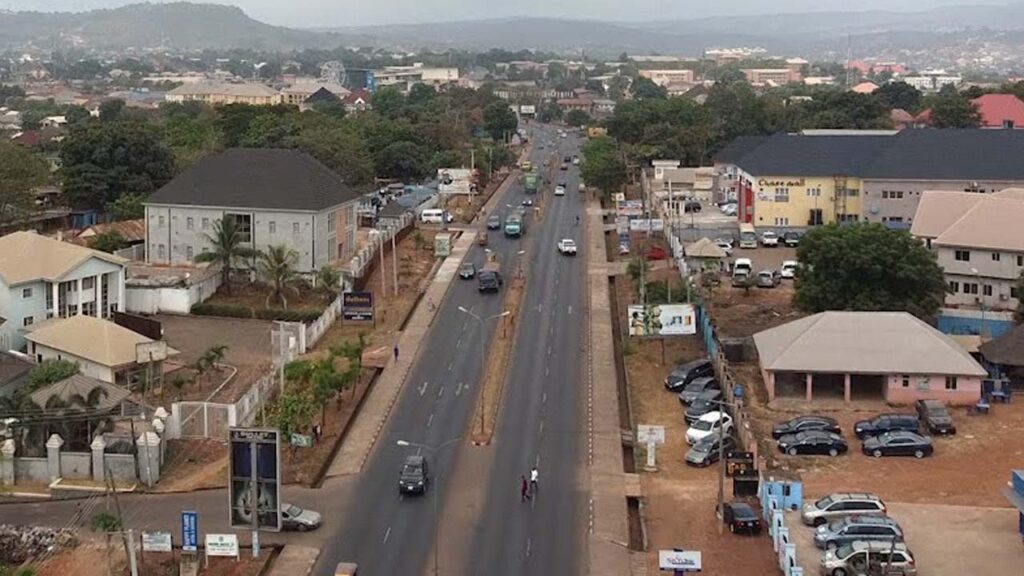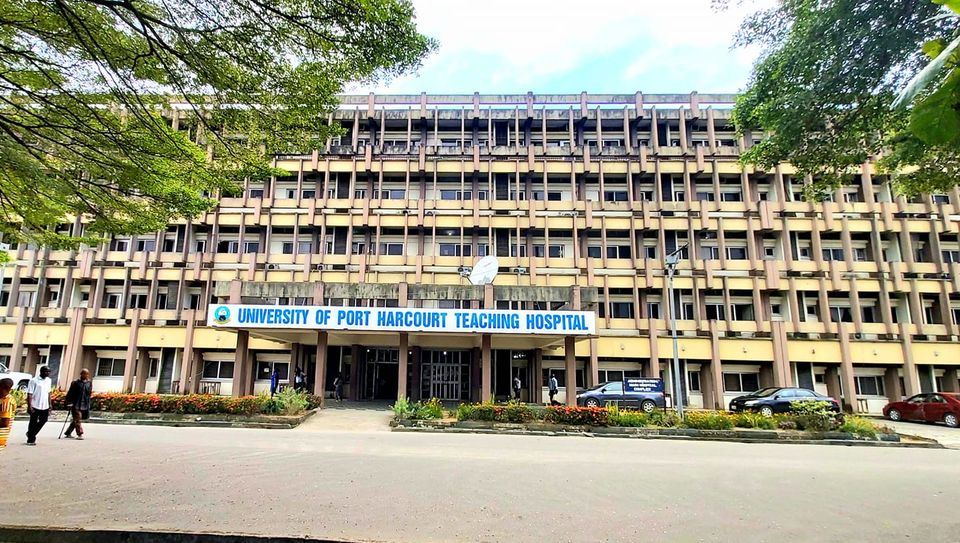
• Experts seek action over nation’s 73.3% deficit
• Commercial donors dangerous, NBSC boss warns
• WHO: Only 10% of total collection is non-remunerated in Nigeria
Voluntary donation should ordinarily be the mainstay of blood transfusion services. In Nigeria, however, a poor culture of donation has forced blood banks or transfusion services to rely heavily on the family replacement system, a development which has fueled resort to black markets by people in desperate need of transfusion.
This sad scenario comes to light as the global community, today, marks World Blood Donor Day (WBDD), with the theme: ‘20 years of celebrating giving: thank you blood donors!’ According to the World Health Organisation (WHO), the milestone is “a timely moment to address continued challenges, and accelerate progress towards a future where safe blood transfusion is universally accessible.”
Nothing could have been truer, especially with statistics from the health watchdog showing that Nigeria needs an estimated 1.8 million units of blood per year due to its approximate population of 200 million.
Unfortunately, voluntary non-remunerated blood donation accounts for only 10 per cent of total blood collection in the country, raising concerns about the safety of blood units collected from commercial and family replacement donors.
Also, the National Blood Service Commission (NBSC) noted that Nigeria gets only 27 per cent (500,000 pints) of its yearly blood need from voluntary donors, leaving a shortfall of about 73.3 per cent every year.
Investigation by The Guardian uncovered an illicit, yet lucrative, blood-for-money business currently operational around public hospitals.
It was reliably gathered that these commercial blood markets thrive under the guise of helping patients. For a fee, a dealer poses as a family relative and donates blood for replacement.
Godwin (not real name), who was seen hanging around the hematology department of the Lagos State University Teaching Hospital (LASUTH), disclosed the modus operandi.
He confirmed that he and other accomplices had been running the business for some time. He even put a call to the network of donors, who, in turn, confirmed their availability to sell to the ‘willing’ reporter.
According to Godwin, they were ready at the snap of a finger to pose as family members and donate blood in exchange for money.
He said: “Me and my guys dey run am for here. But na only me come today, come find person wey need am. Na 15k we dey charge now ooh, as everything don cost. But I fit comot small something for you, cos I know say things no easy. E don reach like two months wey I last give blood, so I fit run am sharpaly for you when you ready. My guys too dey, in case you go need extra.’’
Director General of the National Blood Service Commission (NBSC), Prof. Saleh Yuguda, confirmed the existence of a black market for blood. He however referred to them as ticking time bombs, saying they only care about getting paid and could therefore lie about their lifestyle.
He explained: “We have voluntary blood donors, family replacement blood donors, and commercial blood donors. This last group that I mentioned is actually very dangerous to the society because some of them have the misconception that some hard drugs can boost their blood level, and so they take hard drugs. Some of them also patronise commercial sex workers and would not readily disclose this during counselling because they want to be certified as eligible to donate blood.”
According to Yuguda, because available technology at the moment cannot detect HIV virus in its incubation period, “their blood, when transfused, can infect a patient.”
On some of the measures being taken by the commission to check the trend, the director general noted: “We are aware of such happenings. But we can only curb this if you and I agree to come and donate blood freely for the community. At the commission, also, we are mandated to regulate all blood tests and collection.
“So, whether public or private, you are to come and register with us, so that we have the right to go into any blood facility to enforce even the minimum standard. Very soon, we will start sanctioning all the blood banks involved in this kind of practices.”
Yuguda lamented that blood is currently a scarce commodity. He explained that a wide gap exists between demand and supply for blood in the country, with the majority of blood donations coming from family replacement.
“The operating system in the country, ideally, should be that when anyone needs blood, he or she should be able to access it. But that can only be possible if everyone, you and I, agree to donate voluntarily. By doing so, there will be no need for family blood replacement, and the chances of individuals getting blood when they need it would be higher.”
He said at the commission, “We are currently trying to ensure that the 17 different blood centres we have are able to collect blood, screen them, and supply to hospitals around them, depending on the need for blood in each hospital. Part of our strategic plan is to ensure we have a blood reserve, which is aimed at collecting at least one million units of blood to cater for emergencies.
“If you look at what happened during the COVID-19 era, people did not come out to donate, and that created a huge gap. Now, we are trying to increase awareness for people to come out and donate freely.”
Highlighting the benefits of voluntary blood donation, the professor mentioned free medical check-ups, which include lifestyle counselling as well as blood screening for hepatitis, HIV. He said these help regular voluntary donors maintain a healthy lifestyle because they would pay more attention to what they do, to be able to donate blood every three months.
Speaking in the same vein, a consultant haematologist, Department of Hematology and Blood Transfusion, Lagos University Teaching Hospital (LUTH), Prof. Titi Adeyemo, told the The Guardian that the black market flourishes because there is a gap in voluntary blood donation, and called for a reversal of the trend.
She said: “Unfortunately, where you have gaps between supply and demand, it creates rooms for black markets and touting. It’s very difficult to stop these unwholesome practices where you have deficiencies and gaps in the system. The gap is going to make some people come and try to explore or beat the system. The way to stop this is to ensure that voluntary blood donation increases or improves significantly.”
Adeyemo added: “Blood donation is actually a very safe exercise because you will be tested. If it’s going to be harmful to the donor, we are not going to do it.”
Reeling out statistics, Adeyemo noted: “In Nigeria, where we have an estimated 220 million persons, we expect that about 2.2 million people are donating blood yearly in the country. But that is not so. Currently, from available data, only about 25 per cent of our blood needs are collected. So, there is a deficit of about 75 per cent of the requirements that we are not meeting. There is a gap, and the implication of that is that in 75 per cent of cases we are not able to provide blood for people that need it.”
She lamented that blood banks have to rely heavily on family replacement donations due to the poor culture of voluntary donation. She described the practice as unsuitable because family members are often required to donate blood for replacement under emotional or financial distress.
“Currently, about 90-95 per cent of our blood use in the hospital is collected from families. We are doing the family replacement donation practice but ideally, it should be voluntary, which is just about five per cent of what we are doing now.
“We have a lot of cases of postpartum haemorrhage, and then the hospital blood bank does not have sufficient blood for people. They need to have an extreme blood transfusion to manage a condition but they are not getting enough. So, there is still a lot to do to be able to meet the demands for blood. There is a large gap between supply and demand.”
Meanwhile, speaking on this year’s WBDD theme, Adeyemo expressed gratitude to voluntary donors, saying: “All they are focused on is saving lives, and I must say I am happy to say that that has not changed. People who have been voluntarily donating blood to us have continued to voluntarily donate blood to us, irrespective of the hardship.
“They are only going to lose their extra. It is this extra; this little extra that we are asking people to donate, and donate voluntarily without any expectation for compensation or for reward; just understanding that their reward is in the saving of lives that they would have done if they gave out that extra. I must also emphasise that for every unit of blood an individual donates, it has the potential of saving three lives.”












